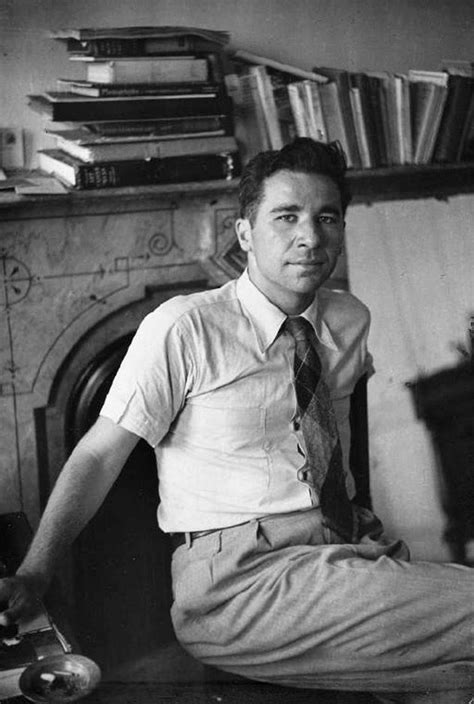Top 23 Quotes & Sayings by Alfred Kazin
Explore popular quotes and sayings by an American critic Alfred Kazin.
Last updated on April 15, 2025.
Walking I am unbound, and find that precious unity of life and imagination, that silent outgoing self, which is so easy to loose, but which a high moments seems to start up again from the deepest rhythms of my own body. How often have I had this longing for an infinite walk - of going unimpeded, until the movement of my body as I walk fell into the flight of streets under my feet - until I in my body and the world in its skin of earth were blended into a single act of knowing.
Brooklyn Heights itself is a window on the port. Here, where the perspective is fixed by the towers of Manhattan and the hills of New Jersey and Staten Island, the channels running between seem fingers of the world ocean. Here one can easily embrace the suggestion, which Whitman felt so easily, that the whole American world opens out from here, north and west.




















